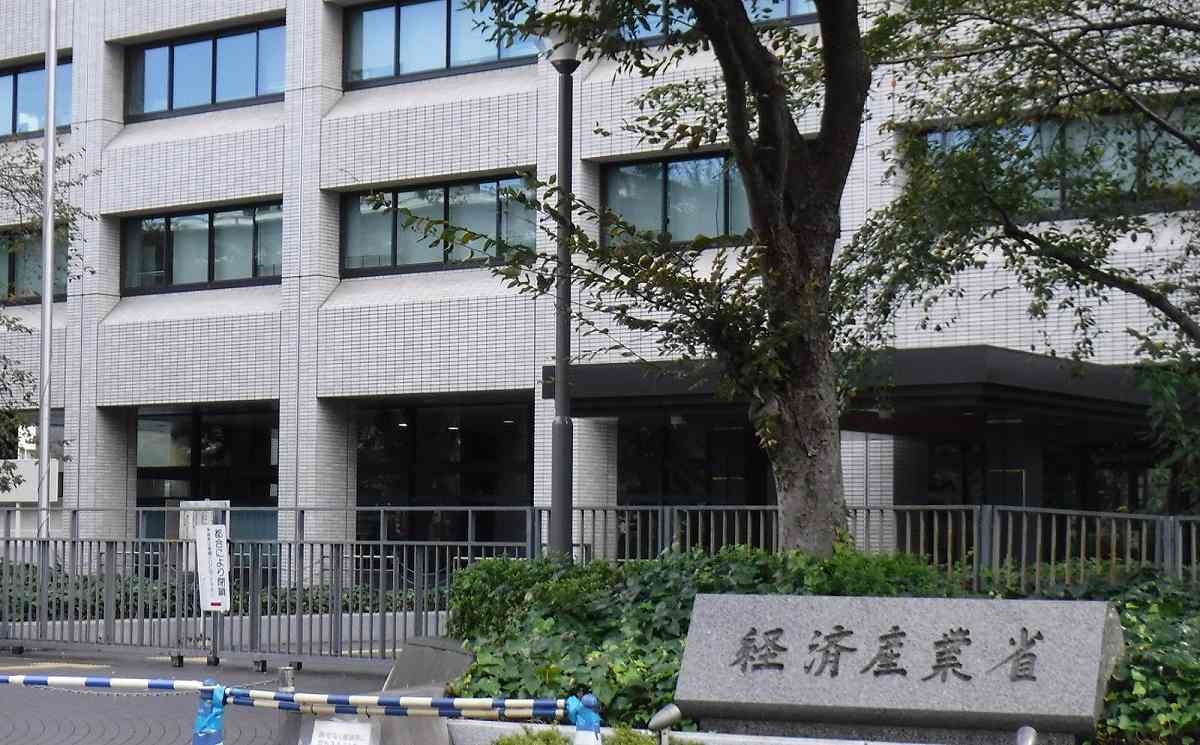Japan, EU to Agree to Set Rules of Procurement in Decarbonization Sector; Promoting Fair Economic Competition

The Economy, Trade and Industry Ministry building in Chiyoda Ward, Tokyo
18:00 JST, June 3, 2024
BRUSSELS ― Japan and the European Union are expected to agree on setting common rules on procurement in decarbonization sectors, such as wind, solar and hydrogen.
Specifically, the envisioned rules will require factors besides price, such as environmental impact and human rights, be considered when procuring solar panels and other products. Economy, Trade and Industry Minister Ken Saito and European Commissioner for Energy Kadri Simson was to conclude the agreement in Tokyo.
Such an agreement was made to reduce excessive dependence on specific countries ― with consideration for inexpensive Chinese products ― from the perspective of economic security. The rules will be shared at the Group of Seven summit with an aim to establish them as international rules.
A joint statement to be released by Japan and the EU is expected to express deep concerns about “weaponized economic dependencies,” a practice of certain countries making others dependent on them for strategic goods, such as solar panels, through “market distortive subsidies.”
As a countermeasure, rules will be set in areas of solar, wind and hydrogen decarbonization regarding confirmation of any unfair governmental subsidies, independence from specific countries, safety and consideration for environment and human rights.
A working group will soon be formed to discuss details, which will extend agenda issues beyond the three mentioned areas to include semiconductors and electric vehicles.
China has been inflating the competitiveness of its own products in the decarbonization sector by injecting excessive governmental subsidies. In Europe, Chinese solar panels dominate the market, and the presence of Chinese products in the wind power and hydrogen-related fields is also increasing.
A European Commission senior official said that many companies were ousted by heavily subsidized Chinese companies. The commission is investigating the existence of subsidies for Chinese-made EVs, solar panels and wind power.
Japan and Europe agree on the concept of reducing dependence on China for strategic goods and key technologies. The United States, which will have a presidential election in November, has increased its opposition toward China. In contrast, Japan and Europe will emphasize the promotion of fair competition.
Japan and the EU will likely agree to create a joint roadmap for the utilization of hydrogen by around 2040, including plans to establish them as international rules.
Top Articles in Politics
-

Japan PM Takaichi’s Cabinet Resigns en Masse
-

Sanae Takaichi Elected Prime Minister of Japan; Keeps All Cabinet Appointees from Previous Term
-

Japan’s Govt to Submit Road Map for Growth Strategy in March, PM Takaichi to Announce in Upcoming Policy Speech
-

LDP Wins Historic Landslide Victory
-

LDP Wins Landslide Victory, Secures Single-party Majority; Ruling Coalition with JIP Poised to Secure Over 300 seats (UPDATE 1)
JN ACCESS RANKING
-

Producer Behind Pop Group XG Arrested for Cocaine Possession
-

Japan PM Takaichi’s Cabinet Resigns en Masse
-

Man Infected with Measles Reportedly Dined at Restaurant in Tokyo Station
-

Israeli Ambassador to Japan Speaks about Japan’s Role in the Reconstruction of Gaza
-

Videos Plagiarized, Reposted with False Subtitles Claiming ‘Ryukyu Belongs to China’; Anti-China False Information Also Posted in Japan


























